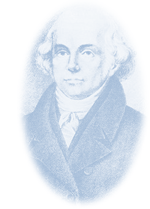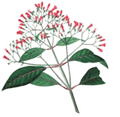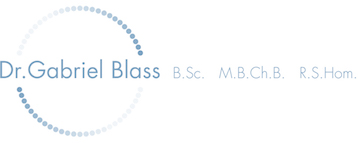History of Homeopathy
 Homeopathy
is a system of medical treatment which was discovered by a doctor called Samuel
Hahnemann some 200 years ago. Disillusioned with the harshness of the medical
treatments of his time, he quit his practice and did research. Hahnemann was
translating a medical text on the effects of Peruvian bark or Cinchona, used
to treat malaria, when he decided to experiment on himself by taking small
amounts of Cinchona, and discovered that it produced the same kind of symptoms
as those of malaria, which it was supposed to cure.
Homeopathy
is a system of medical treatment which was discovered by a doctor called Samuel
Hahnemann some 200 years ago. Disillusioned with the harshness of the medical
treatments of his time, he quit his practice and did research. Hahnemann was
translating a medical text on the effects of Peruvian bark or Cinchona, used
to treat malaria, when he decided to experiment on himself by taking small
amounts of Cinchona, and discovered that it produced the same kind of symptoms
as those of malaria, which it was supposed to cure.
 This led him to the principle that “like cures like”: (a substance can cure
a disease if it has the ability to produce symptoms similar to those of the
disease in a healthy person). After years of research, he made another startling
discovery: he could harness the healing power of substances, even if they
were harmful, by a process which he called Potentisation. This process is
still used today.
This led him to the principle that “like cures like”: (a substance can cure
a disease if it has the ability to produce symptoms similar to those of the
disease in a healthy person). After years of research, he made another startling
discovery: he could harness the healing power of substances, even if they
were harmful, by a process which he called Potentisation. This process is
still used today.

